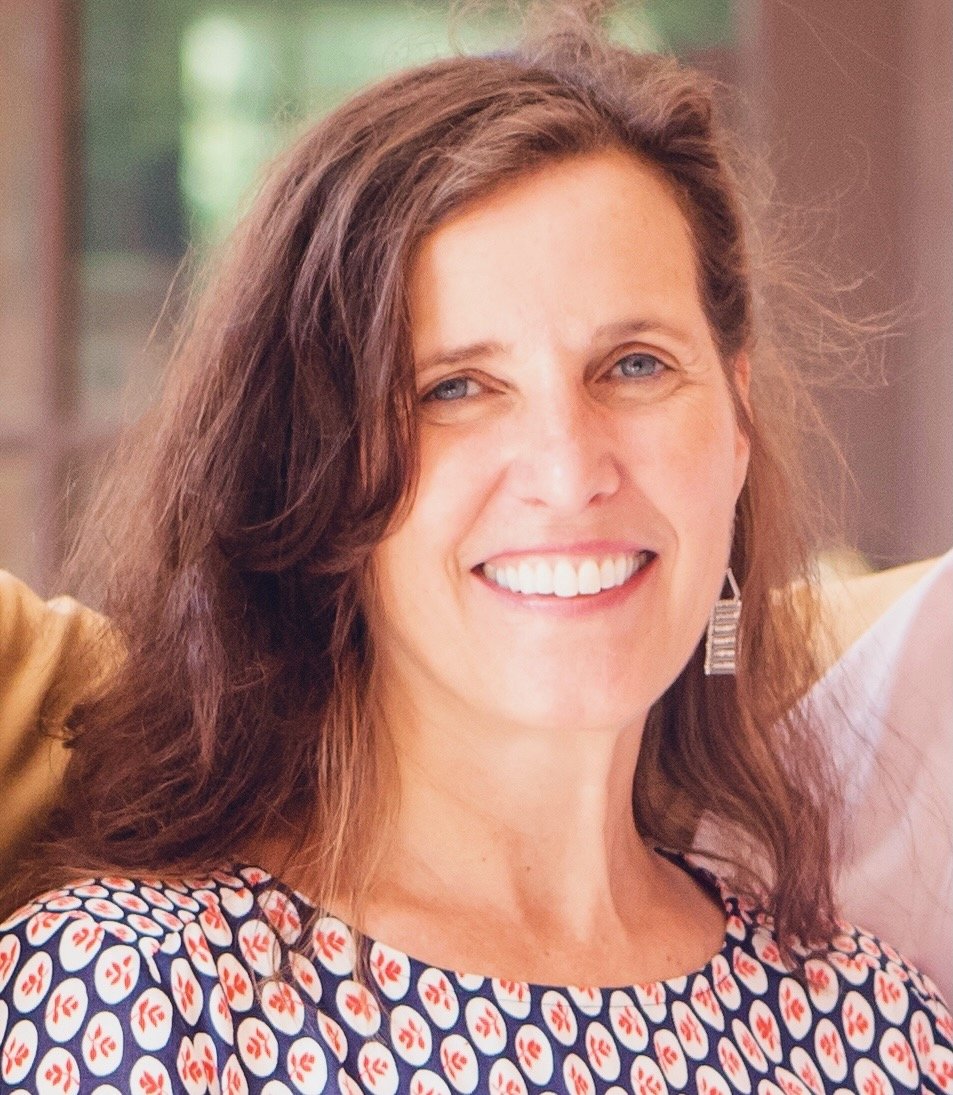Lead Your Child With Love & Kindness
Leading with love means we must practice and share our knowledge with children as to what kindness, empathy, and compassion look like and feel like.
When we are engaging with children a few best practices we learned about were that:
Brief meaningful conversations encourage and support children understanding concepts —like kindness, compassion, empathy, love, friendship.
Listen in on children’s conversations and keep it percolating with simple questions or reflections on the conversation.
We want to help children learn as many words as possible to express how they feel.
Children learn these concepts best when adults model self-compassion and refrain from negative talk about themselves.
And finally children learn by doing—encourage them to take care of one another and share their feelings with one another.
Researchers spend a lot of time debating whether any altruistic act is ever truly selfless because we benefit so much when we are kind to others.
I think of kindness like laughter: we might be laughing because we want someone else to feel good about their joke, but mostly we laugh because it feels good.
Like laughter, kindness is a terrific happiness habit, good for both our physical and emotional well-being.
And kinder people actually live longer, healthier lives?
People who volunteer tend to experience fewer aches and pains.
Giving help to others protects overall health twice as much as aspirin protects against heart disease.
People 55 and older who volunteer for two or more organizations have an impressive 44 percent lower likelihood of dying—and that's after sifting out every other contributing factor, including physical health, exercise, gender, habits like smoking, marital status, and many more.
This is a stronger effect than exercising four times a week or going to church; it means that volunteering is nearly as beneficial to our health as quitting smoking!
We feel so good when we give because we get what researchers call a "helpers high," or a distinct physical sensation associated with helping.
About half of participants in one study report that they feel stronger and more energetic after helping others; many also reported feeling calmer and less depressed, with increased feelings of self-worth.
This is probably a literal "high," similar to a drug-induced high: for example, the act of making a financial donation triggers the reward center in our brains that is responsible for dopamine-mediated euphoria.
Finally, nearest and dearest to my heart, leading with love and kindness makes us happy. Volunteer work substantially reduces symptoms of depression; both helping others and receiving help is associated with lowered anxiety and depression.
It isn't just that kind people also tend to be healthier and happier, or that happy, healthy people are more kind. Experiments have actually demonstrated again and again that kindness toward others actually causes us to be happier, improves our health, and lengthens our lives.
So if we want to raise kids that are happy and healthy, one of the best things we can do is teach them to be kind.

